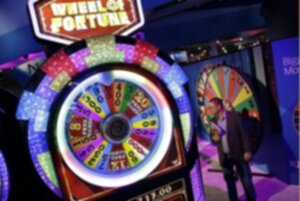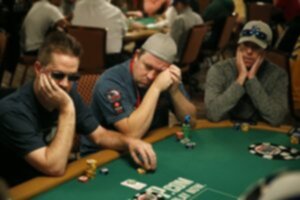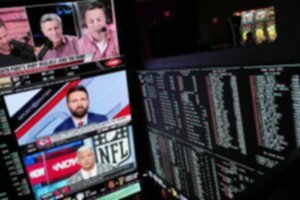A recent case before the state Supreme Court alleges Massachusetts casinos were deceiving their blackjack players. A classic table game, blackjack has a low house edge when played correctly. Typically, the table rules are clearly posted on the felt playing surface. However, the Encore Boston Harbor and MGM Springfield apparently hid payout odds for hitting 21.
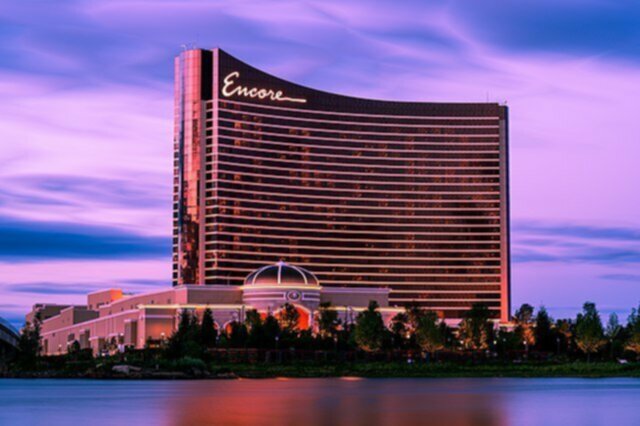
What Are the Accusations Against Massachusetts Casinos?
The Encore and MGM allegedly paid blackjacks out at 6 to 5 odds without any other adjustments. Normally, if a player receives cards totaling 21, they receive a 3 to 2 payout.
The difference between payouts on a $50 bet is stark. With the usual 3:2 odds, the player receives $75 in winnings. At only 6:5, it is only a $60 victory. Over the thousands of hands a casino deals, this significantly affects the house edge. Essentially, the casinos allegedly deceived their clients and padded their margins.
However, it is legal to offer 6 to 5 blackjack odds so long as they are clearly posted. Usually, a 6:5 table provides the player with other enhancements to even the odds. Most venues that still offer single-deck blackjack will only allow it with corresponding 6:5 odds. Other variations of 6:5 payout tables can have different rules for splitting cards or taking insurance.
The Massachusetts casinos apparently did not offer any variations besides lowering the payouts for blackjack.
Supreme Court Justices Skeptical Of Legality
Procedurally, the Massachusetts case is a combination of one suit against Encore and one against the MGM. A federal court had already ruled against Encore. But in the suit against MGM, a lower state court sided with the casino. Therefore, the state Supreme Court intervened to create a uniform ruling for Massachusetts casinos.
During (remote) oral arguments, Massachusetts Supreme Court justices voiced fairness concerns. Apparently, both casinos had traditional 3:2 blackjack tables, but only in their high-roller sections. One justice believed this could steer troubled gamblers who could not afford high stakes towards problematic wagers.
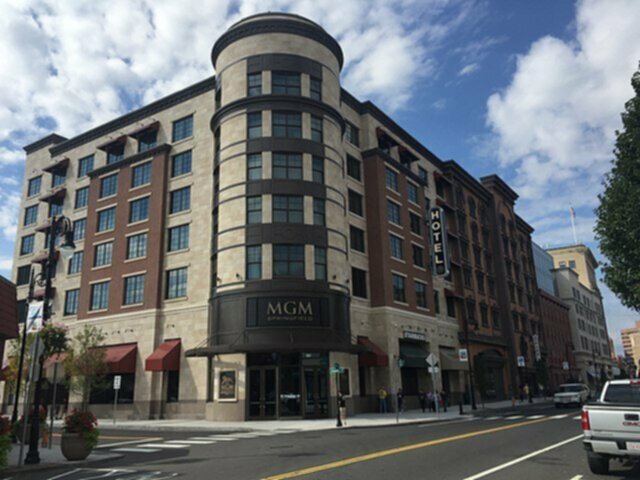
However, the Massachusetts Gaming Commission filed an amicus brief supporting the casinos. According to the Gaming Commission, their rules allow for 6:5 blackjack without corresponding enhancements to player odds. But the Gaming Commission clarified that the odds must be clearly displayed at each table.
Massachusetts Casinos Already Hurting For Players
In the wake of the pandemic, like establishments everywhere, Massachusetts casinos have seen foot traffic plummet. The MGM Springfield recently received a fine for allowing underage gameplay and drinking on its casino floor. Casinos are desperate for any action that comes through the door.
Unfriendly table game odds will not help draw patrons back into the fold. While the Gaming Commission admitted 6:5 odds were allowed, there are still questions. One justice observed with 61 pages of Gaming Commission rules: “That’s gonna be a big felt.”
In this case, it is not clear whether the casinos clearly posted the 6:5 odds. During oral arguments, the attorney representing the gamblers’ claimed odds were not readily available.
A ruling for the gamblers could cost the casinos millions in payouts to an entire class of blackjack players. However, determining damages may be difficult. Figuring out who lost and how much would require reviewing thousands of hours of security footage.
Whether or not the House always wins is still in question. Further, this lawsuit shines a long-ignored light on continuing unscrupulous casino practices. As gambling access expands across the United States, be sure you educate yourself on the best places to play. Whether this case impacts Massachusetts push towards regulated sports betting remains to be seen.


